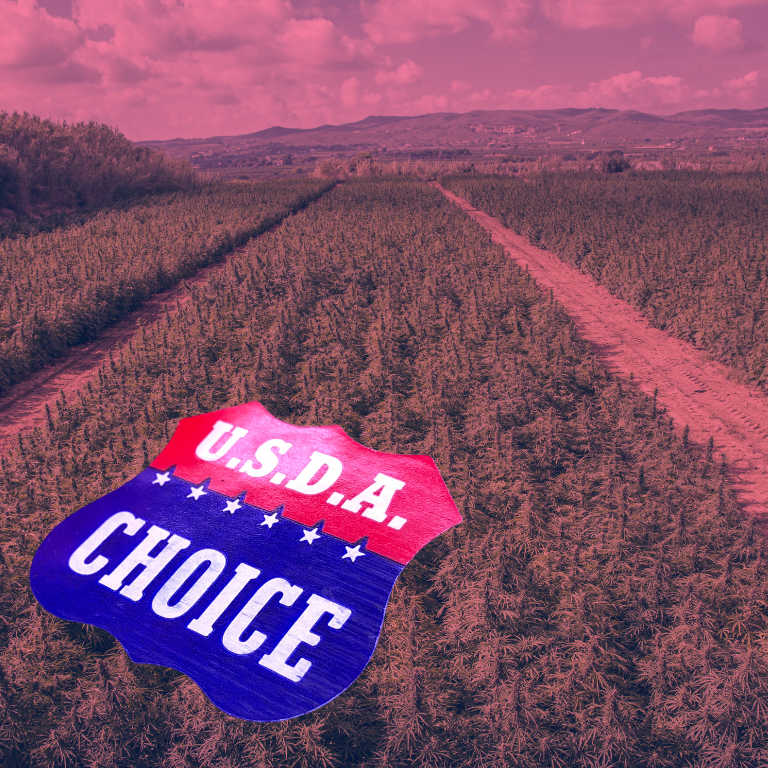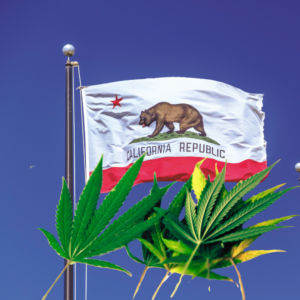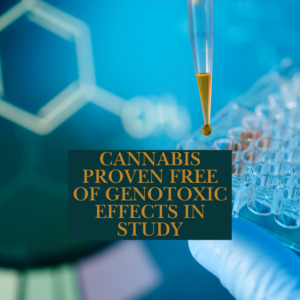USDA Appoints New Hemp Rep to Enhance Global Trade

USDA and USTR Appoint Hemp Industry Executive to Federal Trade Advisory Committee
In a significant move to bolster the promotion of U.S.-grown hemp on the global stage, the U.S. Department of Agriculture (USDA) and the Office of the U.S. Trade Representative (USTR) have appointed Dylan Summers, Vice President of Government Affairs for Lazarus Naturals, to a federal trade advisory committee. This strategic appointment aims to enhance the representation of the hemp industry in U.S. trade policy discussions.
Summers Joins the ATAC
Agriculture Secretary Tom Vilsack and USTR Representative Katherine Tai announced Dylan Summers’s appointment to the Agricultural Technical Advisory Committee (ATAC) for Trade in Tobacco, Cotton, Peanuts, and Hemp. Summers joins as one of four hemp industry stakeholders on the 14-member committee, which includes National Industrial Hemp Council (NIHC) President Patrick Atagi, NIHC board member Patricia Sheikh, and the Oregon Hemp Commission’s Eric Pike.
Committee’s Role and Purpose
The ATAC provides technical advice on trade policies affecting specific agricultural commodities. The inclusion of hemp in the committee’s mandate reflects its growing significance in the agricultural sector. Summers will serve on the ATAC until at least 2028, contributing his expertise to shape policies that support the hemp industry’s growth and international competitiveness.
Historical Context and Recent Developments
The ATAC focused on tobacco, cotton, peanuts, and hemp is one of six advisory committees under USDA and USTR that offer the government technical advice about specific agricultural commodities and products. Previously known as the ATAC for Trade in Tobacco, Cotton, and Peanuts, the committee was renamed to include hemp last year, acknowledging its increasing importance.
Funding and Grants for Hemp Promotion
In addition to advisory roles, USDA has been actively supporting the hemp industry through grants. About a month ago, USDA awarded $745,000 to NIHC to promote hemp internationally. This follows a $200,000 grant in 2020 aimed at similar objectives. These funds are crucial for the industry, especially as it navigates a complex regulatory landscape and seeks to expand into emerging markets.
Challenges Facing the Hemp Industry
Despite these positive steps, the hemp industry faces significant challenges. Congressional lawmakers have introduced bills that could restrict the sale of consumable hemp-based cannabinoid products, creating uncertainty for the sector. The Congressional Research Service highlighted potential confusion over allowable products in a recent report, complicating the regulatory environment further.
Impact of the Farm Bill
The upcoming Farm Bill also plays a critical role in shaping the future of hemp farming. Provisions in the bill aim to reduce regulatory barriers for hemp farmers and amend policies that currently limit industry participation by individuals with prior drug felony convictions. These changes could help stabilize the industry and foster growth by making it more accessible to a broader range of stakeholders.
FDA’s Stance on Hemp-Derived CBD
Bipartisan lawmakers and industry stakeholders have criticized the FDA for its reluctance to regulate hemp-derived CBD, which they argue has stunted economic growth. FDA Commissioner Robert Califf testified before the House Oversight and Accountability Committee, asserting that the agency needs additional congressional authorization to regulate CBD products effectively. This ongoing regulatory vacuum contributes to economic stagnation and uncertainty within the hemp sector.
USDA’s Internal Policies
Internally, USDA has faced its own set of challenges related to hemp. The department has reportedly revoked licenses for hemp farmers who also grow marijuana under state-approved programs, illustrating the policy conflicts arising from federal prohibition of certain cannabis plant forms. Additionally, USDA food safety workers have been advised to avoid cannabis products, including legal CBD, due to an uptick in positive THC tests and associated confusion.
Economic Conditions and Market Trends
Recent USDA data indicates a slight rebound in the hemp economy in 2023, following significant losses in the previous year. This recovery is critical as the industry adapts to evolving market conditions and seeks to capitalize on new opportunities. Despite regulatory hurdles, a report found that the hemp market in 2022 was larger than all state marijuana markets and roughly equaled sales for craft beer nationally.
The appointment of Dylan Summers to the ATAC is a positive development for the U.S. hemp industry, offering new opportunities to influence trade policies and promote American-grown hemp globally. While the industry faces regulatory challenges and economic uncertainties, strategic initiatives and supportive policies can help stabilize and grow this vital sector.











